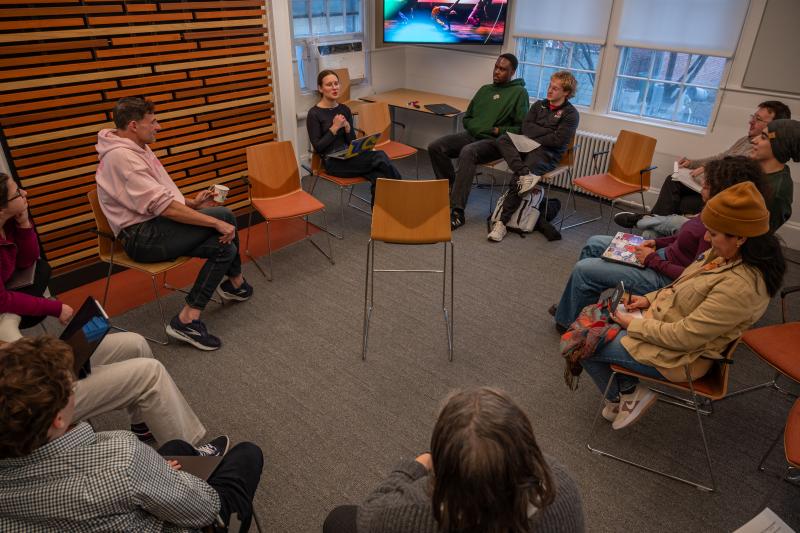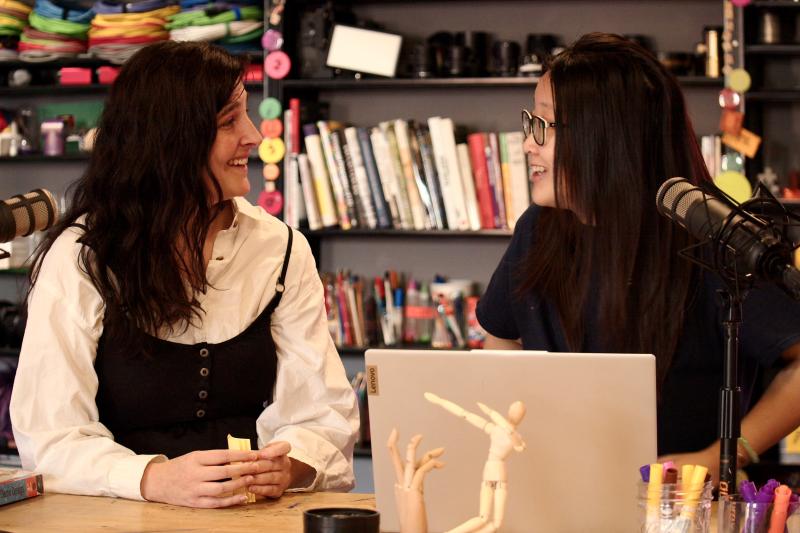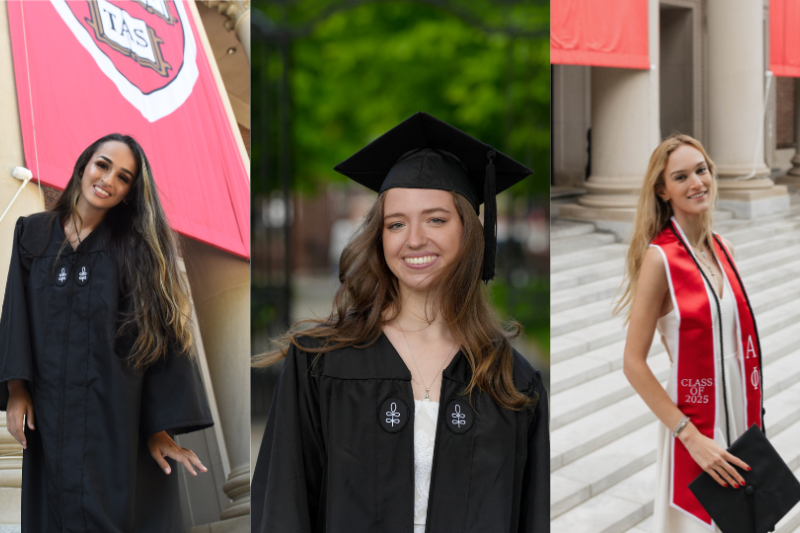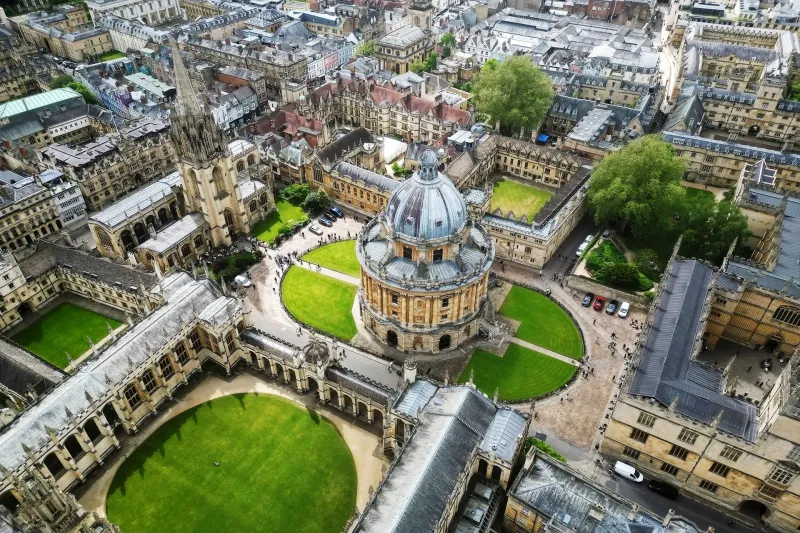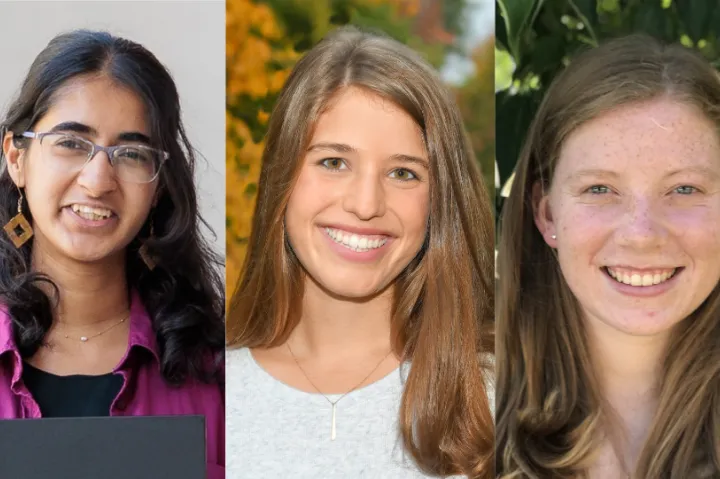
Thesis Spotlight: Interacting with AI
Antara, Linguistics and Computer Science
Comparing Numerical Understanding in Language Models and Humans Through Multilingual Reasoning Puzzles
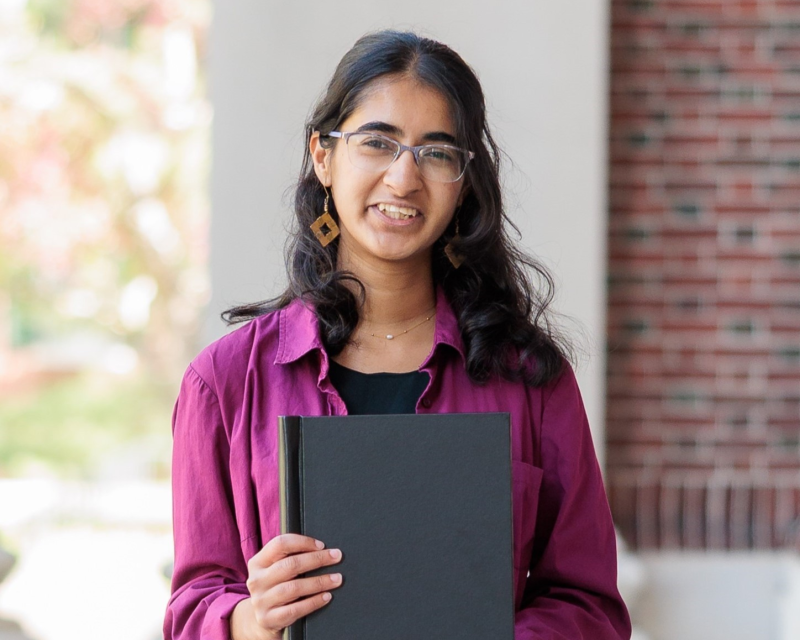
As president of both the Harvard Linguistics Society and the Puzzle Club, Antara has spent years immersed in the beauty of structure, whether in sentences or logic puzzles. Her thesis bridges these passions by exploring how large language models (LLMs) handle numerical reasoning across multiple languages, leveraging their vast capabilities to compare their performance with that of human problem solvers.
Her fascination with the intersection of language and mathematics began in high school in Mumbai, where she competed in the International Linguistics Olympiad and later helped organize the competition across India. This experience introduced her to the diverse ways different cultures express numbers, planting the seeds for her current research.
For her thesis, Antara created a set of multilingual reasoning puzzles specifically designed to test how well language models understand numeric structure—something humans do almost effortlessly. She found that while people can intuitively grasp the relationships behind different numeral systems, LLMs often fail to make those connections. Despite their exposure to vast datasets, these models often overlook the implicit structure that enables human reasoning about numbers to be so flexible and context-aware.
Her research also explored the historical and cultural origins of number systems, demonstrating how humans have developed unique ways to express the same numerical values, depending on the language and context. The fact that LLMs cannot reliably solve puzzles involving this kind of variation reveals a deeper limitation in their architecture: a lack of cognitive grounding in the relationship between numbers and meaning.
“I'm interested in how we use language so flexibly across different domains,” Antara said. “People are somehow able to reason through and solve these puzzles in ways that language models can't, and it's really exciting to work on understanding why we can do this."
Antara’s findings highlight a fundamental difference between machine learning and human thinking, particularly when it comes to abstract concepts that are shaped by both logic and culture.
After graduation, Antara will head to the University of Cambridge, where she plans to build on this work. Her goal is to keep exploring these complex questions—not only to improve AI, but also to uncover deeper insights into human culture and intelligence.
Sofia, English and Computer Science
AI as Author: An Analysis of AI-Generated Short Stories
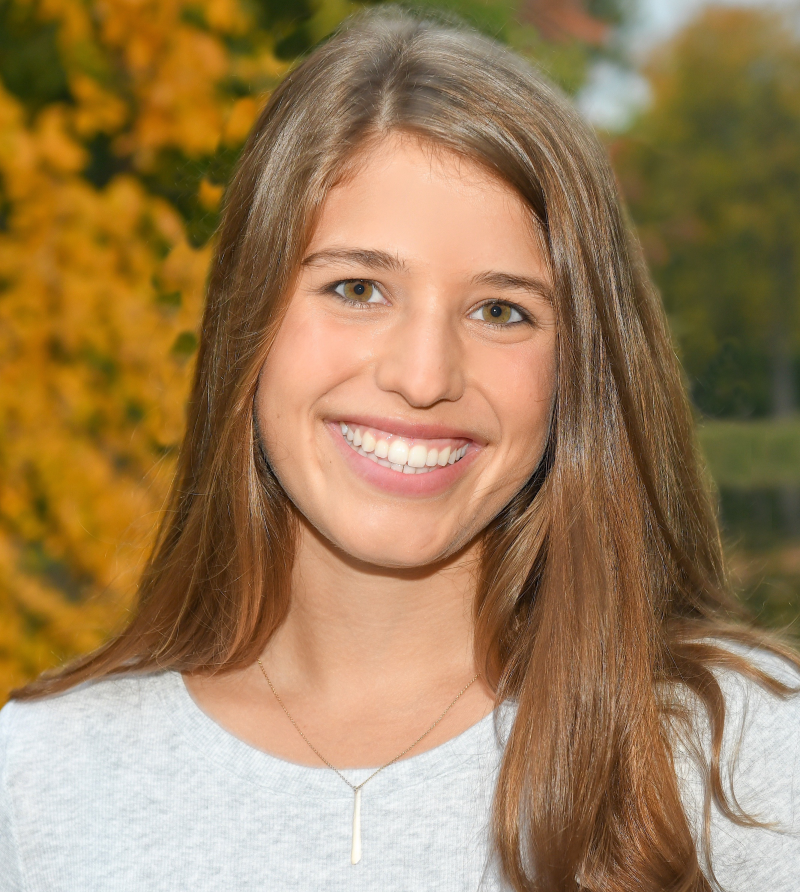
Sofia, a senior from Greenwich, Connecticut, has always been drawn to spaces where disciplines overlap. When it came time to choose a thesis topic, she ventured into an urgent and intriguing intersection of the modern day: creative writing and artificial intelligence.
"To me, literature is the most human thing in the world. I think it's really important to reflect on and understand how technology has the potential to change that,” she said.
Her research examines how AI-generated narratives adhere to genre conventions established by human authors—delivering stories that seem polished and familiar at the surface level, yet still lack substance. Using OpenAI’s GPT-4 Turbo model, she generated short stories across various genres and discovered a consistent pattern: while these stories followed the rules, they lacked the spark—the nuance, subtlety, emotional resonance, and stylistic flair—that human writers instinctively bring to their work. In her analysis, AI was able to imitate, but not innovate.
This distinction became central to her thesis. AI can reproduce patterns, Sofia argues, but it struggles to reinvent them. Unlike humans, machines don’t draw from lived experience or emotional intuition, which are often the forces behind groundbreaking literature.
Rather than issuing a warning, Sofia offers a call for awareness. She believes that AI isn’t something to fear, but monitor thoughtfully, especially as it begins to infiltrate the literary landscape. The creative process, she maintains, is too important to be handed over without scrutiny. Protecting the integrity of storytelling means recognizing the unique value of human authorship, even in an age of increasingly capable machines.
Next year, Sofia will take her research to Oxford University, where she will expand her investigation into how AI may shape—and reshape—the future of storytelling.
Kathryn, Computer Science
AI Generated Summaries for Course Selection
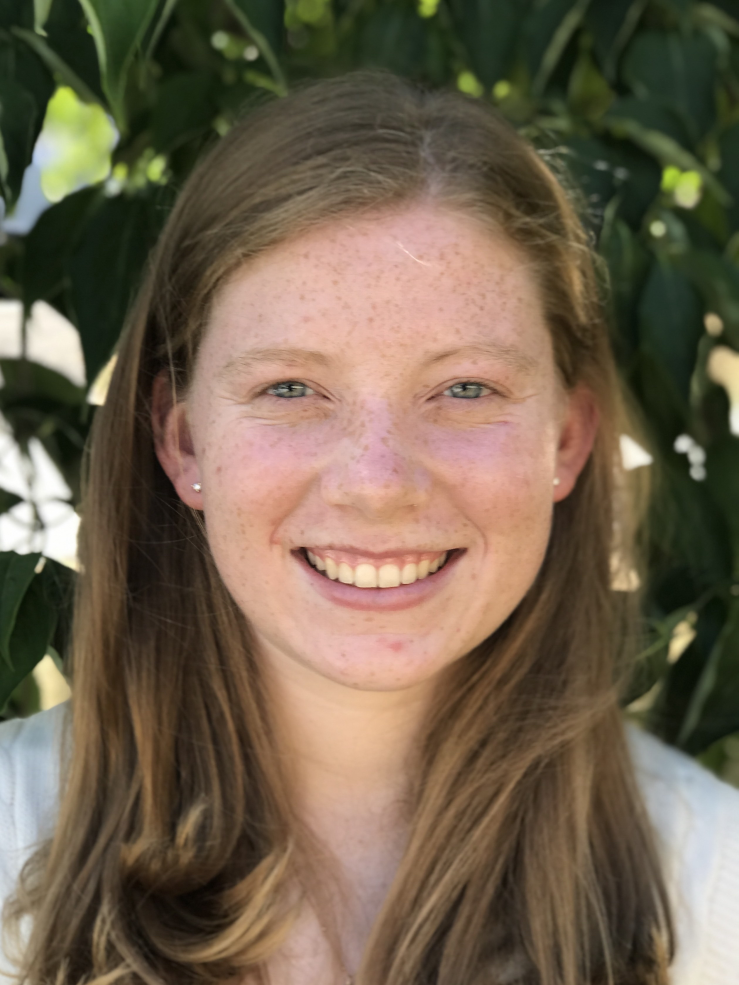
As a course assistant for foundational calculus classes Math 21A and 21B, Kathryn, an aspiring teacher from Cornwall, New York, spent countless hours helping students with complex concepts and mentoring peers in advanced math. This experience provided her with insight into how students learn, how they select courses, and the tools they utilize to make those decisions.
Having used Harvard’s Q Guide—the official course evaluation system—Kathryn saw its potential and pitfalls and longed to reinvent it. Though valuable, the current Q Guide’s unstructured format makes it difficult to digest. Most students skim just the first few comments, missing out on broader patterns that could better inform their choices.
“I was excited about being able to help students make better use of the Q Guide and choose better courses for their education,” she explained of her thesis.
To improve the process, Kathryn developed an AI-powered tool that automatically summarizes Q Guide reports, surfacing the most relevant feedback to help students make smarter decisions. She then tested it using ChatGPT-based evaluation techniques and a user study simulating the course selection process. Kathryn found that students using the AI summaries made more confident, accurate course choices compared to those relying on raw Q Guide comments. Her findings suggest that the summaries could better represent the course experience as a whole, which is valuable in a system where students often skim only a fraction of feedback.
Kathryn hopes her research will demonstrate to universities that AI can enhance academic systems by supporting—not replacing—human judgment. She envisions a future where course evaluations serve both students and educators more effectively.
As she graduates, Kathryn remains committed to leaving Harvard a better place and shaping education in meaningful ways. She will continue her journey as a Catholic nun and teacher, combining her passion for learning, service, and faith. She credits her advisor, Stuart Shieber, and the Harvard Computer Science faculty for supporting a project that merged data, purpose, and a genuine care for others.

